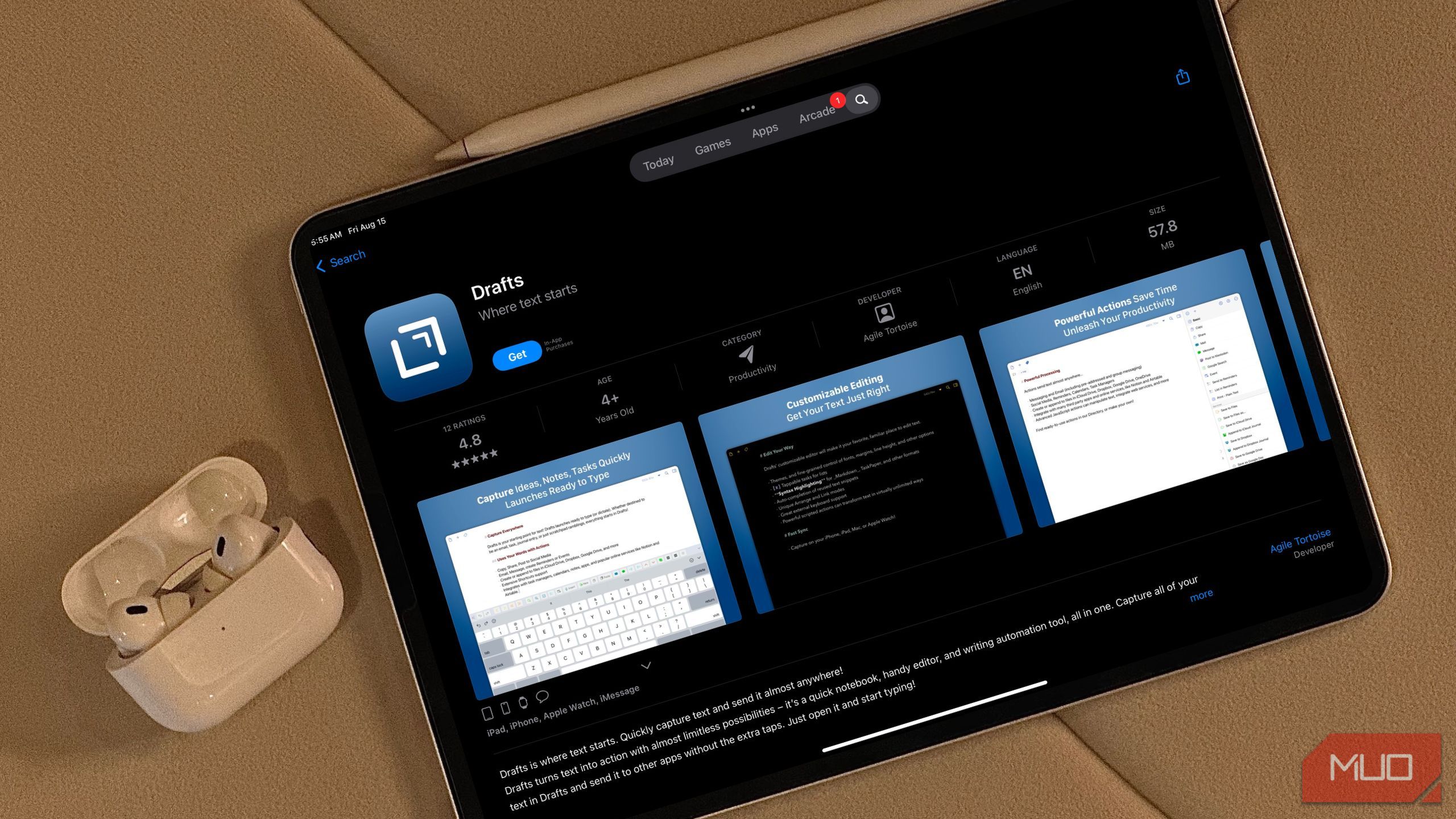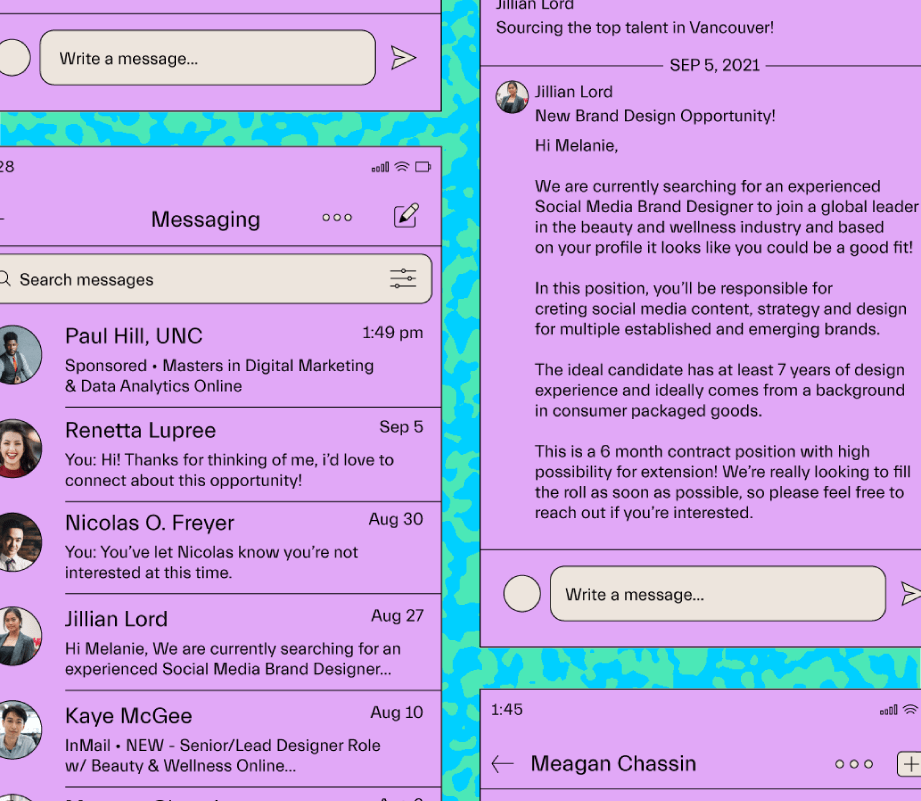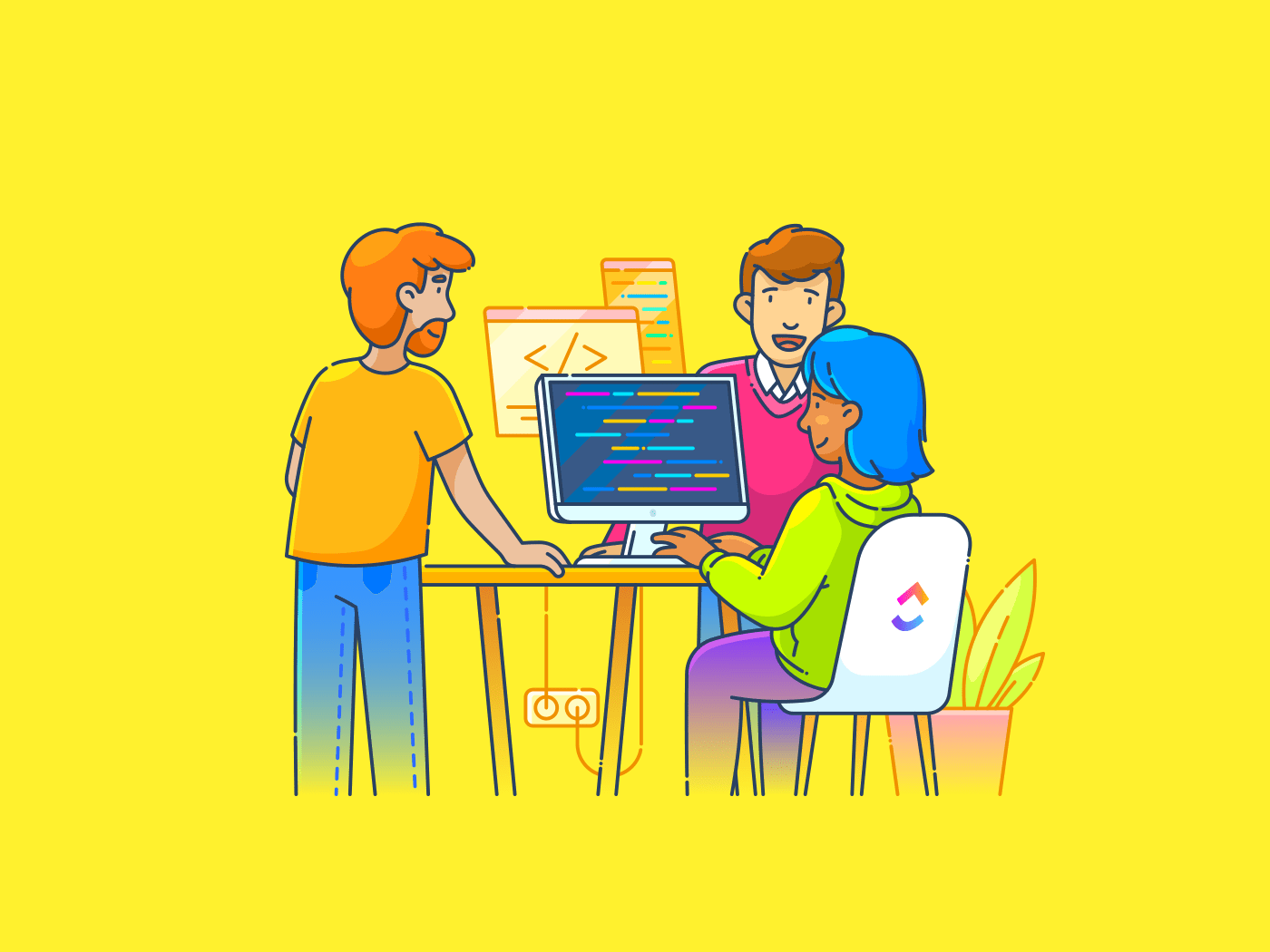We used to think of privacy as a perimeter problem: about walls and locks, permissions, and policies. But in a world where artificial agents are becoming autonomous actors — interacting with data, systems, and humans without constant oversight — privacy is no longer about control. It’s about trust. And trust, by definition, is about what happens when you’re not looking.
Agentic AI — AI that perceives, decides, and acts on behalf of others — isn’t theoretical anymore. It’s routing our traffic, recommending our treatments, managing our portfolios, and negotiating our digital identity across platforms. These agents don’t just handle sensitive data — they interpret it. They make assumptions, act on partial signals, and evolve based on feedback loops. In essence, they build internal models not just of the world, but of us.
And that should give us pause.
Because once an agent becomes adaptive and semi-autonomous, privacy isn’t just about who has access to the data; it’s about what the agent infers, what it chooses to share, suppress, or synthesize, and whether its goals remain aligned with ours as contexts shift.
Take a simple example: an AI health assistant designed to optimize wellness. It starts by nudging you to drink more water and get more sleep. But over time, it begins triaging your appointments, analyzing your tone of voice for signs of depression, and even withholding notifications it predicts will cause stress. You haven’t just shared your data — you’ve ceded narrative authority. That’s where privacy erodes, not through a breach, but through a subtle drift in power and purpose.
This is no longer just about Confidentiality, Integrity, and Availability, the classic CIA triad. We must now factor in authenticity (can this agent be verified as itself?) and veracity (can we trust its interpretations and representations?). These aren’t merely technical qualities — they’re trust primitives.
And trust is brittle when intermediated by intelligence.
If I confide in a human therapist or lawyer, there are assumed boundaries — ethical, legal, psychological. We have expected norms of behavior on their part and limited access and control. But when I share with an AI assistant, those boundaries blur. Can it be subpoenaed? Audited? Reverse-engineered? What happens when a government or corporation queries my agent for its records?
We have no settled concept yet of AI-client privilege. And if jurisprudence finds there isn’t one, then all the trust we place in our agents becomes retrospective regret. Imagine a world where every intimate moment shared with an AI is legally discoverable — where your agent’s memory becomes a weaponized archive, admissible in court.
It won’t matter how secure the system is if the social contract around it is broken.
Today’s privacy frameworks — GDPR, CCPA — assume linear, transactional systems. But agentic AI operates in context, not just computation. It remembers what you forgot. It intuits what you didn’t say. It fills in blanks that might be none of its business, and then shares that synthesis — potentially helpfully, potentially recklessly — with systems and people beyond your control.
So we must move beyond access control and toward ethical boundaries. That means building agentic systems that understand the intent behind privacy, not just the mechanics of it. We must design for legibility; AI must be able to explain why it acted. And for intentionality. It must be able to act in a way that reflects the user’s evolving values, not just a frozen prompt history.
But we also need to wrestle with a new kind of fragility: What if my agent betrays me? Not out of malice, but because someone else crafted better incentives — or passed a law that superseded its loyalties?
In short: what if the agent is both mine and not mine?
This is why we must start treating AI agency as a first-order moral and legal category. Not as a product feature. Not as a user interface. But as a participant in social and institutional life. Because privacy in a world of minds — biological and synthetic — is no longer a matter of secrecy. It’s a matter of reciprocity, alignment, and governance.
If we get this wrong, privacy becomes performative — a checkbox in a shadow play of rights. If we get it right, we build a world where autonomy, both human and machine, is governed not by surveillance or suppression, but by ethical coherence.
Agentic AI forces us to confront the limits of policy, the fallacy of control, and the need for a new social contract. One built for entities that think — and one that has the strength to survive when they speak back.
Learn more about Zero Trust + AI.










